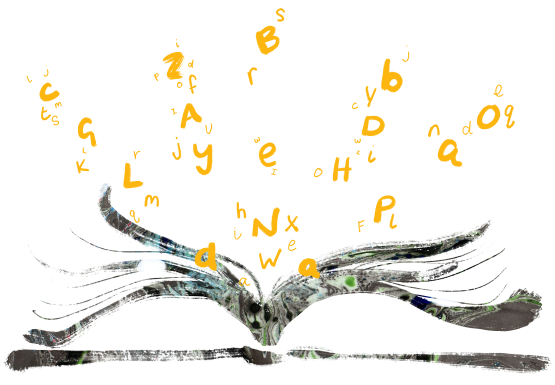Expert Insights
Expert Insights
The Expert Insights available here are authored by individuals with wide-ranging knowledge and expertise relating to the coronial process. Among these contributions is Derek Winter’s reflections on his two decades’ experience of serving the people of Sunderland as Senior Coroner (for the last five years of which he has also been Deputy Chief Coroner). Inquest lawyer Merry Varney writes of the ‘incredible privilege’ of representing bereaved families through an inquest process which, too often, feels like a ‘battleground’ in which they must fight for full and fair outcomes. From the perspective of a bereaved family member, Jane Shackman has contributed a piece about her experience of the coronial process and the unanticipated positive repercussions of taking part in the Voicing Loss research.
Based on both her academic interest and her personal experiences of the coronial process, Nicola Padfield – University of Cambridge Emeritus Professor – describes inquests as a ‘clunky tool’ for deriving learning from tragedies. Also with a focus on (potential) learning from inquests, Dr Georgia Richards writes about the Preventable Deaths Tracker, which she launched in 2020 as a unique database to collate and analyse coroners’ Prevention of Future Deaths reports. Technological change is the subject of the contribution by Australian academic Dr Marc Trabsky, who is researching the impacts of post-mortem computed tomography (PMCT) on coronial investigations.
Many other Expert Insights offer further important and diverse perspectives. Together, these pieces are a valuable complement to the Voicing Loss findings. It should be noted that the authors are responsible for the content of their respective pieces, and that this content does not necessarily reflect the views of the Voicing Loss research team.

-
Inquests and the voice of victims
-
2024. A year of change?
-
The possibility of re-traumatisation in Australian death investigations
-
What Coroners’ conclusions mean for people bereaved through a substance-related death
-
Insight into how coroners place the deceased and bereaved at the centre of the inquest process
-
INQUEST’s work on two Justice Committee inquiries into the Coroner Service
-
Representing a state actor at inquest where the family is unrepresented: Keeping doors open, and doing no harm
-
Communication With Bereaved People - A Coroner’s Officer’s Perspective
-
‘Voicing Loss’ before (or without) an inquest
-
Reporting on inquests
-
‘Them and Us’: Understanding military inquests
-
Advising Healthcare Providers
-
Preventing deaths in custody and the role of family
-
The role of Medical Examiners and the coronial system
-
Lawyers in the Coroner’s Court
-
The Centre for Military Justice and supporting families with military inquests
-
Personal and academic reflections on the effectiveness of inquests
-
Inquests and the possibility of bringing a civil claim
-
Working with bereaved families during the inquest or claims process
-
Mending a broken ‘system’ to learn lessons following inquests
-
Gambling and Suicide: the voices of the bereaved must be heard
-
A surprise twist and happy ending to an Inquest experience
-
Mental Health Clinicians as Inquest Witnesses
-
Coming out of the shadows: reflections on interviewing for Voicing Loss
-
Post-mortem Computed Tomography and Bereaved People’s Experiences of the Coronial Investigation
-
Reflections of a Police Staff Investigator
-
A Lawyer’s Perspective – 20 years representing bereaved families in Inquests
-
Reflections